Sponsored Links
UPDATE Civil Rights Groups Oppose UK Plans for a Social Networking Block
Posted: 25th Aug, 2011 By: MarkJ

 Representatives from several major social networking websites (e.g. Twitter and Facebook) and broadband ISPs will today meet with the UK government to discuss whether or not "it would be right" to prevent (block) people involved in "plotting violence, disorder and criminality" (e.g. London rioters) from accessing related internet services and content (original news).
Representatives from several major social networking websites (e.g. Twitter and Facebook) and broadband ISPs will today meet with the UK government to discuss whether or not "it would be right" to prevent (block) people involved in "plotting violence, disorder and criminality" (e.g. London rioters) from accessing related internet services and content (original news).The discussions have understandably caused some consternation among Civil Society groups, which frequently campaign for equal rights and freedom of speech (i.e. core democratic values). As a result ten such groups have now banded together and issued an open letter to the governments Home Secretary, Theresa May MP.
The Open Letter from Civil Society Groups
Dear Home Secretary,
We are writing to you regarding discussions scheduled to take place between the Government and some social network and communications providers following the recent civil unrest.
We noted the Prime Minister's suggestion that the Government will “look at whether it would be right to stop people communicating via these websites and services when we know they are plotting violence, disorder and criminality”. We believe that Twitter, Research in Motion and Facebook have been invited to meet you to discuss this issue.
As you know, there is existing legislation regulating the interception and disclosure of communications information, the use of communications evidence by law enforcement and restrictions on people's use of communications technology.
It is reasonable to review the existing legal regime to ensure that it appropriately fits new technologies. However, turning off, restricting or monitoring people's communications networks are matters that require extreme care and open, detailed deliberation.
We are very concerned that new measures, made in good faith but in a heated political environment, will overextend powers in ways that would be susceptible to abuse, restrict legitimate, free communication and expression and undermine people's privacy. This is especially so if proposals involve unaccountable voluntary arrangements between law enforcement and communications providers.
It is essential that any review of regulations covering communications networks happens through a public consultation, with full details of meetings between the Government and social network platforms made public as soon as possible. This should involve a genuine multi-stakeholder process that includes not only the communications providers but groups representing broader citizens' rights such as freedom of expression and privacy.
We would like to request a meeting to discuss these issues, and look forward to engaging with you further.
Yours sincerely,
Brett Soloman, Executive Director, Access
Mike Blakemore, Media Director, Amnesty UK
Dr Agnes Callamard, Executive Director, Article 19
Gillian Slovo, President, English PEN
Andrew Puddephat, Director, Global Partners
Jo Glanville, Editor, Index on Censorship
Isabella Sankey, Policy Director, Liberty
Tony Curzon Price, Editor-in-Chief, OpenDemocracy
Jim Killock, Executive Director, Open Rights Group
Simon Davies, Director, Privacy International
Dear Home Secretary,
We are writing to you regarding discussions scheduled to take place between the Government and some social network and communications providers following the recent civil unrest.
We noted the Prime Minister's suggestion that the Government will “look at whether it would be right to stop people communicating via these websites and services when we know they are plotting violence, disorder and criminality”. We believe that Twitter, Research in Motion and Facebook have been invited to meet you to discuss this issue.
As you know, there is existing legislation regulating the interception and disclosure of communications information, the use of communications evidence by law enforcement and restrictions on people's use of communications technology.
It is reasonable to review the existing legal regime to ensure that it appropriately fits new technologies. However, turning off, restricting or monitoring people's communications networks are matters that require extreme care and open, detailed deliberation.
We are very concerned that new measures, made in good faith but in a heated political environment, will overextend powers in ways that would be susceptible to abuse, restrict legitimate, free communication and expression and undermine people's privacy. This is especially so if proposals involve unaccountable voluntary arrangements between law enforcement and communications providers.
It is essential that any review of regulations covering communications networks happens through a public consultation, with full details of meetings between the Government and social network platforms made public as soon as possible. This should involve a genuine multi-stakeholder process that includes not only the communications providers but groups representing broader citizens' rights such as freedom of expression and privacy.
We would like to request a meeting to discuss these issues, and look forward to engaging with you further.
Yours sincerely,
Brett Soloman, Executive Director, Access
Mike Blakemore, Media Director, Amnesty UK
Dr Agnes Callamard, Executive Director, Article 19
Gillian Slovo, President, English PEN
Andrew Puddephat, Director, Global Partners
Jo Glanville, Editor, Index on Censorship
Isabella Sankey, Policy Director, Liberty
Tony Curzon Price, Editor-in-Chief, OpenDemocracy
Jim Killock, Executive Director, Open Rights Group
Simon Davies, Director, Privacy International
One example of where such proposals could go wrong came when Essex Police arrested a 20-year-old man from Colchester who allegedly sent messages via Blackberry Messenger (BBM) that encouraged people to join in a "water fight". In fairness the message could have been used as a cover for rioting, yet ascertaining such a context from the content of a communication will always be fraught with difficulty. Assumptions aren't evidence.
Lest we not forget Paul Chambers, whom was arrested and fined thousands of pounds last year after being frustrated by the closure of Robin Hood Airport, which prompted him to tweet (Twitter): "Robin Hood Airport is closed. You've got a week... otherwise I'm blowing the airport sky high!". It might not have been a wise thing to say but the majority could perhaps understand his context and sentiment.
The issue of being able to block a particular individual from accessing specific internet websites or services is equally controversial. Such blocks, when conducted by an ISP or mobile operator, would be virtually unenforceable due to the ease of circumvention and could easily end up targeting the wrong users (e.g. the connection owner isn't always the one using the service (i.e. families)).
It's perhaps worth remembering that the same freedoms which allow people to abuse the law are also there to help make the world a generally better place. The revolutions in Egypt, Libya and Tunisia would have been far more difficult had such communication methods not existed.
UPDATE 26th August 2011
The Home Office has said that it "did not seek any additional powers to close down social media networks" during the meeting. Meanwhile Nick Clegg added, "we are not going to become like Iran or China. We are not going to suddenly start cutting people off".
The discussions apparently looked at how law enforcement and the networks can build on their existing relationships and co-operation to prevent the networks being used for criminal behaviour. It's still not clear quite what that will mean.
Search ISP News
Search ISP Listings
Search ISP Reviews
Latest UK ISP News

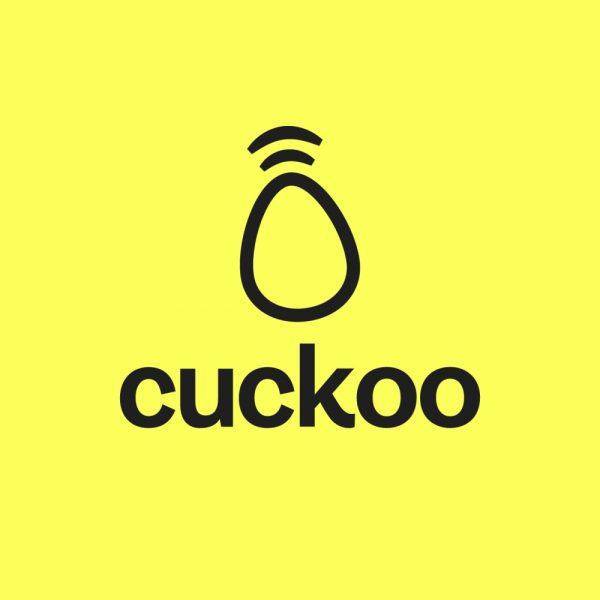
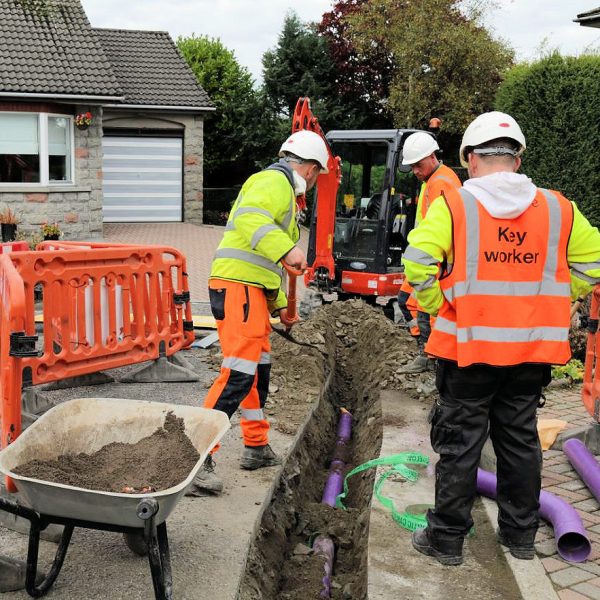

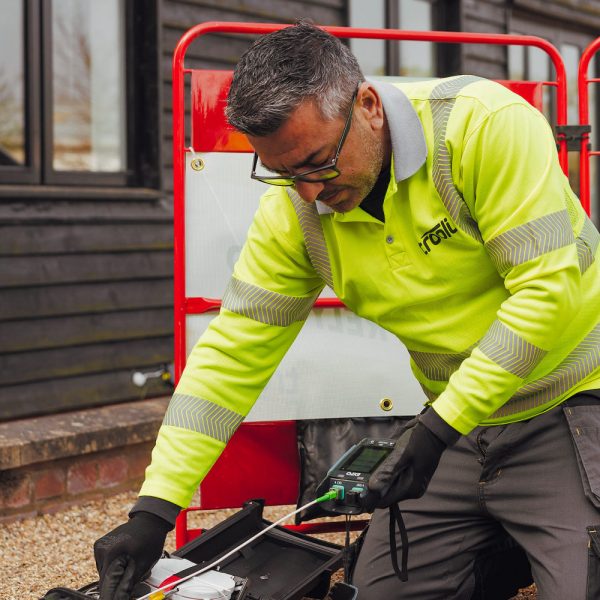

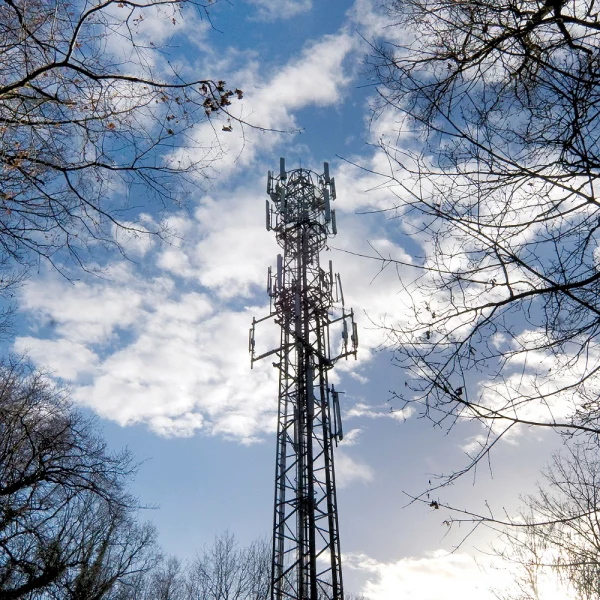
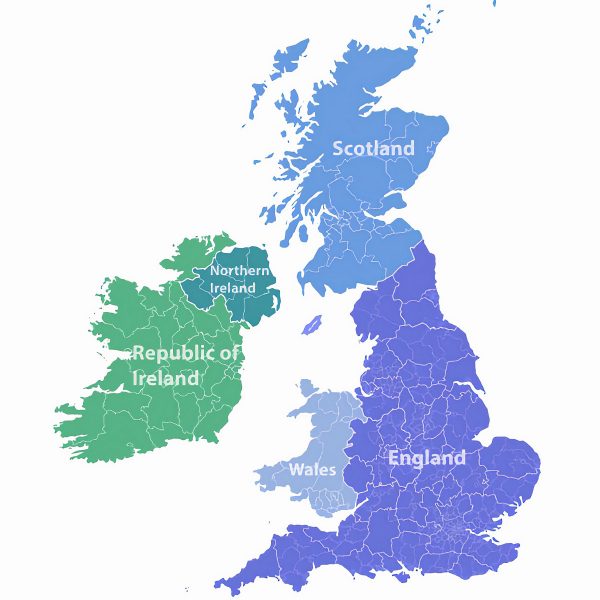
Cheap BIG ISPs for 100Mbps+
150,000+ Customers | View More ISPs
Cheapest ISPs for 100Mbps+
Modest Availability | View More ISPs
Latest UK ISP News
Helpful ISP Guides and Tips
Sponsored Links
The Top 15 Category Tags
- FTTP (5533)
- BT (3518)
- Politics (2542)
- Openreach (2299)
- Business (2267)
- Building Digital UK (2247)
- FTTC (2045)
- Mobile Broadband (1978)
- Statistics (1790)
- 4G (1669)
- Virgin Media (1621)
- Ofcom Regulation (1466)
- Fibre Optic (1396)
- Wireless Internet (1392)
- FTTH (1382)
Sponsored
Copyright © 1999 to Present - ISPreview.co.uk - All Rights Reserved - Terms , Privacy and Cookie Policy , Links , Website Rules

































